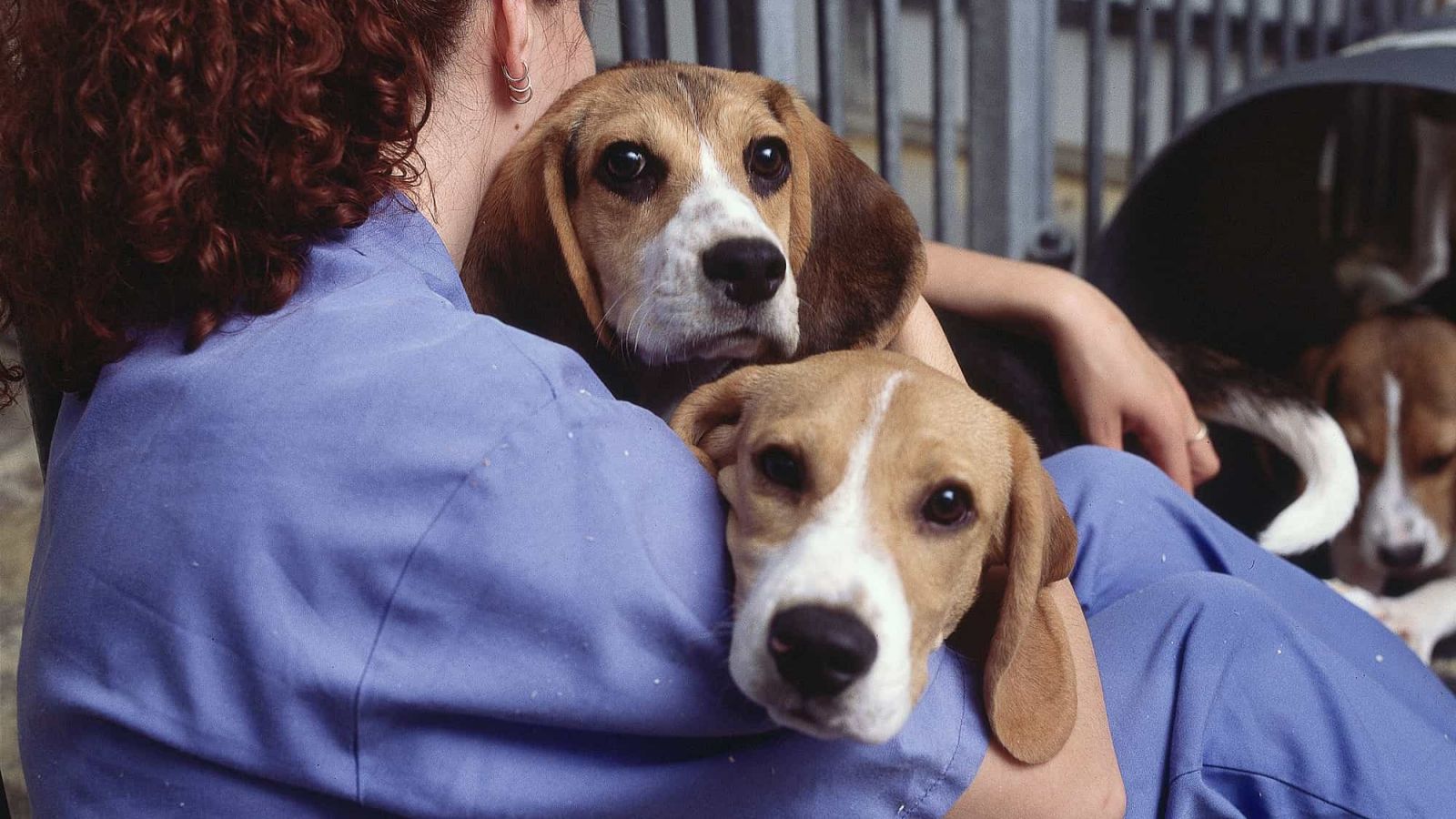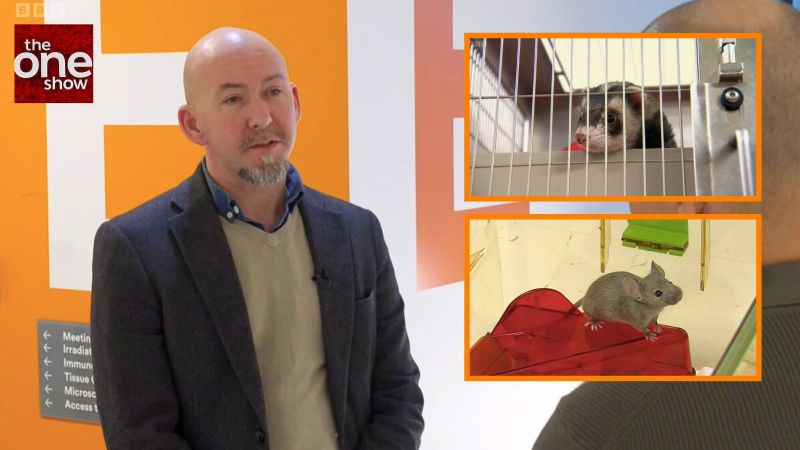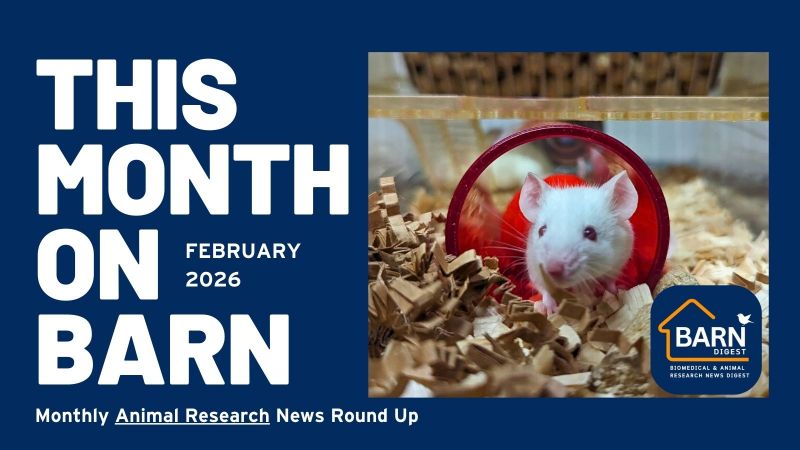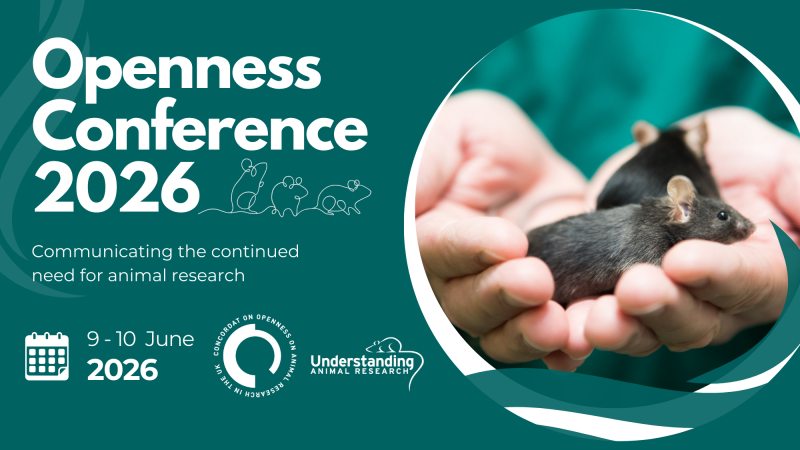
Text to go here...
Yorkshire research animal breeder B&K has been given planning permission for new facilities which will allow dog-breeding on site, removing the need for dogs to be flown into the UK.
The Department for Communities and Local Government has just announced that it has upheld B&K’s appeal against East Riding Council’s decision not to grant planning permission for an improved dog breeding facility on its site at Grimston in East Yorkshire. This decision effectively gives B&K permission to go ahead with its building plans, and reflects the advice given by planning specialists to the local authority in 2013.
B&K supplies animals to medical and scientific research establishments around the UK. The company’s existing facilities are not suitable for breeding dogs, and so B&K currently flies young dogs into the UK from abroad before providing them to research establishments around the country. The new building will allow dogs to be bred on-site, thus removing the need for a trans-Atlantic flight and improving animal welfare.
Wendy Jarrett, CEO of Understanding Animal Research, said: “We welcome this decision. As the European Commission reported earlier this month, we are not yet at the stage where animal research can be completely replaced by non-animal methods, and if we want to see more desperately-needed new therapies for cancer, Alzheimer’s, cystic fibrosis, motor neurone disease and the rest of the long list of conditions that are currently incurable, then animal research will be a necessary part of the drug discovery and development process.
“Relatively few dogs are used in research in the UK, and their use has to be approved by ethical review boards. By law, scientists also have to prove that they could not get the same results from non-animal alternatives, or from another species of animal. Given that we will continue to need to use dogs in research for the foreseeable future, we believe it is in everyone’s interests that those dogs are bred in the UK and housed in buildings that are designed for their optimum welfare.”
Last edited: 10 January 2022 11:02



